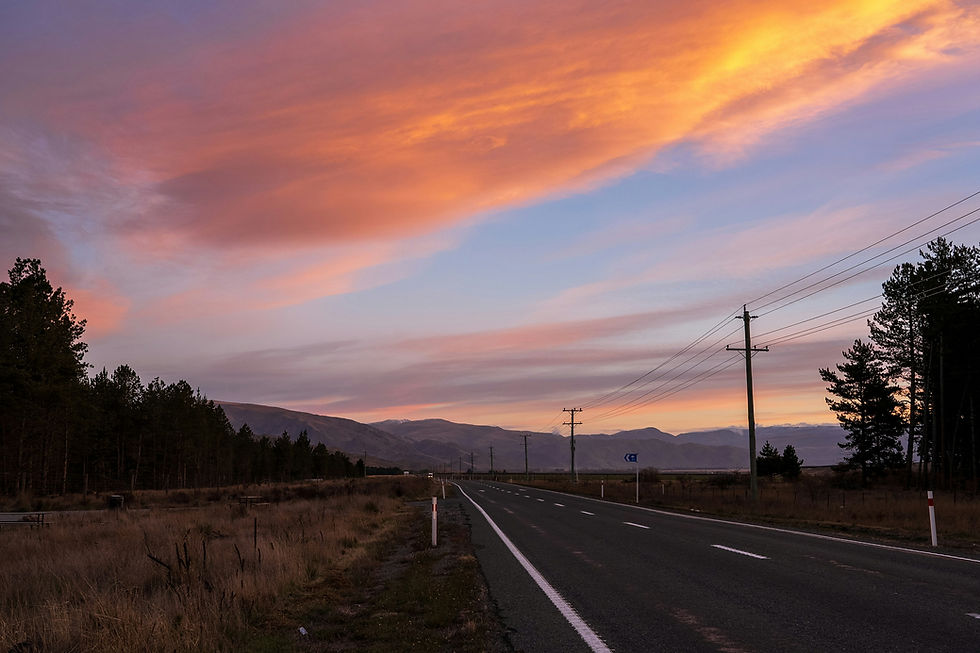Who Shows Up: What Falling Local Election Turnout Says About Our Democracy
- Our Words Matter
- Oct 12, 2025
- 3 min read
Opinion article by Stacey Shortall
I have been thinking overnight about the recent local election results in Wellington.
Not so much about who won, but about what the numbers might be quietly telling us about how people see government, community, and their own voice in shaping both.
Turnout across Wellington this year was just under 38%, down from about 45% in 2022.
In the mayoral race, Andrew Little secured roughly 34,000 votes, while only around 61,000 Wellingtonians cast a ballot overall.
Across the country, a similar pattern of declining participation has emerged. In Auckland’s last local election, turnout sat at 35%, while Christchurch recorded about 44%. Even in smaller districts once known for strong civic engagement, participation rates hovered between 40 and 45%.
Nationally, turnout for local elections has been trending down for several cycles, with fewer than four in ten New Zealanders typically voting.
These numbers might sound abstract, but they are a clear reminder of how fragile civic connection can become when people stop seeing local decisions as part of their daily lives. For behind every unreturned ballot sits a question: do we still see government as relevant to our daily lives? For many, I suspect the answer is complicated. When you are juggling rent, work, kids, or the simple exhaustion of modern life, local council decisions can feel far away. Yet those same decisions shape the roads we use, the libraries we visit, the buses that (sometimes) arrive, the parks our children play in, and even the safety of the water we drink.
When turnout falls, it is not just a civic statistic but a sign that many have stopped seeing the link between what happens at the council table and what happens at their own kitchen table. It also speaks to a quiet loss of confidence in the idea that showing up matters.
Democracy depends on the belief that participation counts. When that belief weakens, cynicism fills the gap. The danger is not that people stop caring but that they stop believing their caring can change anything.
Any such view is not unique to Wellington or New Zealand. During a two-week trip to the United States with my family this year, I was struck by how familiar the mood felt. Although my time there was short, the undercurrent was unmistakable: fatigue with politics, weariness with institutions, and a sense that ordinary voices were being drowned out by noise.
Having volunteered decades ago on Democratic presidential campaigns, I remember when local neighbourhood canvassing was electric. When people queued at community halls and swapped ideas with neighbours. What I saw this time was quieter, more fragmented. Across America, local election turnout often hovers between 20 and 30%, and even midterm congressional elections rarely attract more than 40% of eligible voters. That is in a country where political advertising and partisanship saturate daily life. It suggests that disconnection from civic participation can creep in even in nations that talk constantly about freedom and democracy. The same forces that depress turnout there — mistrust, busyness, disillusionment, or simply being overwhelmed — are alive here too.So what might all this mean for us in New Zealand, especially with a general election looming next year? Low local participation can signal broader disengagement. When fewer people vote, those who do hold disproportionate power.
When more of us take part, we get a truer reflection of who we are. If we want next year’s election to capture the heart of this country, we need to start re-engaging hearts now. That begins by re-imagining how democracy lives in our daily routines.
Casting a vote is one act of participation, but so is volunteering in a school, coaching sport, showing up to a community meeting, or helping a neighbour. These are the quiet habits that build participation and belonging. And it can be this same participation and belonging that later pulls people towards the ballot box. Local elections may not make the headlines for long, but they are where democracy breathes. They remind us that change begins close to home. Street by street. Suburb by suburb. Recent local government election turnout ought provide an invitation to rebuild trust and connection. So that we all can see government as something woven into the rhythm of our everyday lives.
As we look ahead to next year’s national election, perhaps the lesson is simple: democracy is not just about who leads. It is about who shows up. And that can include all of us.







Comments